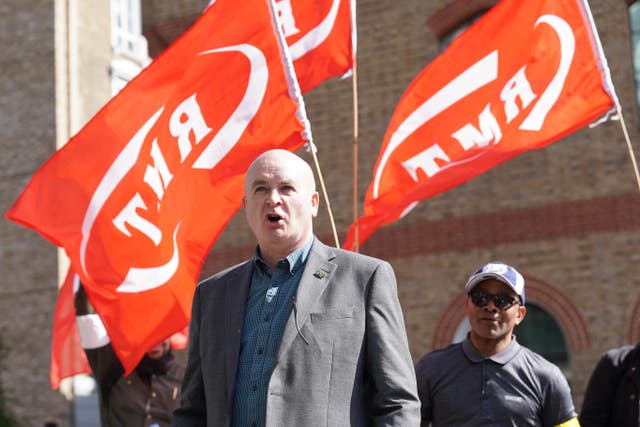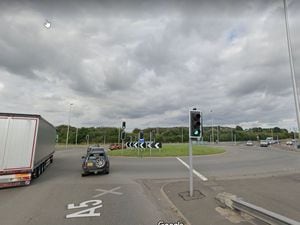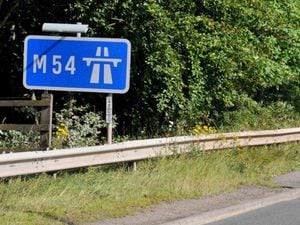Train passengers hit by more cancellations as strike talks resume
Services started later than normal today as trains were delayed leaving depots due to the industrial action.

Train passengers are suffering more disruption from strike action as talks resume in a bid to resolve the bitter dispute over jobs, pay and conditions.
Just 60% of trains are running today, and some operators will wind down services slightly earlier than normal tonight ahead of the next walkout on Thursday.
Services started later than normal today as trains were delayed leaving depots as Network Rail (NR) signallers and control room staff scheduled to work overnight shifts took part in Tuesday’s strike.
The third and final strike of the week is planned for Saturday.
Around 40,000 members of the Rail, Maritime and Transport (RMT) union at Network Rail and 13 train operators are involved in the industrial action.
RMT members on London Underground also went on strike on Tuesday.
The joint action caused travel chaos across Britain, with journeys taking longer and roads rammed with traffic as people switched to cars or buses to get to work.
Meanwhile, Transport Salaried Staffs’ Association (TSSA) members working for Merseyrail have accepted a pay offer which the union’s leaders say is worth 7.1%.
General secretary Manuel Cortes described it as “a sensible outcome to a reasonable offer”.
The workers include station and admin staff, and revenue protection officers.

The RMT is meeting with NR and the train companies today in another attempt to break the deadlock.
RMT general secretary Mick Lynch said the turnout at picket lines on Tuesday was “fantastic” and had exceeded expectations in the union’s campaign for job security, defending conditions and a decent pay rise.
He said: “Our members will continue the campaign and have shown outstanding unity in the pursuit of a settlement to this dispute.
“RMT members are leading the way for all workers in this country who are sick and tired of having their pay and conditions slashed by a mixture of big business profits and Government policy.
“Now is the time to stand up and fight for every single railway worker in this dispute that we will win.”
A Department for Transport spokesperson said: “These are desperately needed reforms that modernise the railway and put it on a sustainable footing for passengers and taxpayers.
“Unions have shut down big parts of the rail network, hitting local businesses and unfairly cutting people off from hospitals, schools and work.
“However, early data shows that unlike in the past, many people now have the opportunity to work from home, so we haven’t even a rush to the roads, as traffic has instead gone online, which means the unions aren’t having the overall impact they might have hoped.”
The union has been asked by Network Rail to attend formal consultation talks next month on introducing “modern working practices”.
Network Rail official Tim Shoveller said the changes will mean “dumping outdated working practices and introducing new technology”.
He added: “We expect this will reduce roles by around 1,800, the vast majority of which will be lost through voluntary severance and natural wastage.”
Deputy Prime Minister Dominic Raab said rising inflation figures show the need for pay restraint in the public sector and on the railways.
He told Sky News there is a risk of a “vicious cycle” of rising wages pushing inflation even higher if union demands are met, adding that the Government is taking a “firm line”.
Most adults believe the rail strikes are justified, according to an opinion poll.
A survey of more than 2,300 people by Savanta ComRes showed that 58% said the industrial action is justified.
Younger adults aged 18-34 (72%) and Labour voters (79%) were more likely to see the strikes as justified compared to their older, aged 55 and above, (44%) and Conservative-voting (38%) counterparts.
Three out of five of those polled said they are generally supportive of the principle of industrial action, while just 35% were generally opposed.





